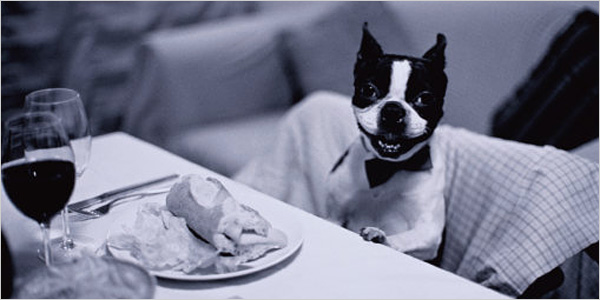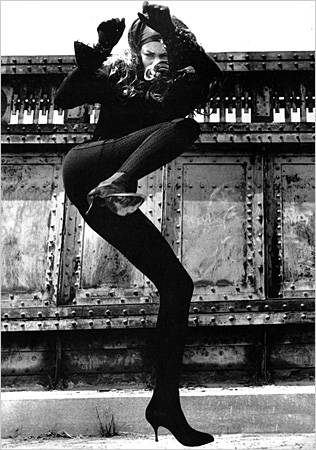It's good to have friends who read, because they do a lot of the legwork for you. One good friend and terrific reader recently told me he had read Dr. Jekyll and Mr. Hyde for the first time, in fact read Robert Louis Stevenson for the first time, while on vacation in Jamaica and was so mesmerized by it and so enchanted by the good writing he's now on to (what may have been more appropos in the first place) Treasure Island.
Now, it is not many who would take a misty and dark gothic horror to the beach. Yet fewer would be riveted while the sun plays on the waves and screaming children make sand castles but there you have it. But he spoke so highly this book has been on my list ever since. He once said to me, when I was complaining about how hard it is to find a really good book among any season's new releases, "Why do you waste your energy when there is so much that is tried, true and has passed the test of time?" He sent me on the path of Iris Murdoch, splendidly prolific and a rich vein should you like her work. Sigh. Back to Sue Grafton.
As I am still avoiding any book with anything to do with love (why o why is every damn book about love? honestly, as a culture we are obsessed with love. Why when there's so many of us are people still alone??) I took J&H with me to the country house where I do my best reading. It is back to school time at my local bookstore and there were piles of "classics" on the first table you trip on, prominent among them being this one and it seemed sort of a sign from God.
Imagine my distress when I opened the book and discovered that it is one among SIX "books" in a rather narrow tome.
I asked Kristin, a publisher and whose house I was in, if this could possibly be right. Is Jekyll and Hyde a SHORT STORY??
"I have no idea I've never read Stevenson. Or Dickens. Let me look at the book," she said, helpfully. She read the copyright page and a few others that tell things to publishers and handed it back. "Ask Tom."
Now, Tom has been in publishing since Christ was a cowboy and all Kristin and Tom's homes are made tinier for being lined with every book ever published in this fair land. Even the bad ones. Of which there are, sadly, many. You'd think he'd know about so commonplace a "classic."
"I have no idea. Ask Rebecca," he said. Rebecca is sixteen and had no interest in this exchange, as she was deeply immersed in Blindness, a book I have never been able to make head nor tail of. I think it's about a bunch of people who go blind for some reason.
I was loathe to read a book that might be a fake, to spend the time on the wrong thing but plunged ahead anyway. My Reader had said the fascinating thing is Hyde (the scary one) freaks people out, they feel immediately cold and unsafe in his presence but there is virtually no description of what he looks like, he is faceless and amorphous.
In fact no one and nothing is much described in this novella, as I have learned it definitively is. The premise is interesting. Jekyll wants to obliterate his dark side, and so invents a potion that separates him from his monster. Hyde becomes his alter-ego, so that he is all good, the other is all bad. The problem is, as time goes on it is harder and harder to revert back to Jekyll, it takes more potion and more energy and more time until eventually Hyde is the ego, and Jekyll all but disappears.
Stunning to me is the psychological relevance of this -- and this, before Freud had committed a word to paper. Try to supress that which is negative and it will grow and destroy you. It will BECOME you. What you fear becoming is what you will be, if you cannot integrate and synthesize the pain of it. Think of what ensues with those who supress sexuality, or those who want to be seen as ONLY sweet-natured and then turn passive-aggressive and truly horrible. Interesting that this and other stories came out in the suppressive Victorian era. The artists were clear about the destruction they saw, and no one heard a word.
I liked also that the bad part could be hived off with a potion -- hello cocktail hour.
Fascinating really, essential reading for Psych 101.
Smart guy, this Stevenson.
Subscribe to:
Post Comments (Atom)












1 comment:
While Stevenson and Dickens grab all the headlines of that time, a little known master and close friend of Dickens was the gifted Wilkie Collins. I highly recommend his masterwork The Moonstone, a dark, shocking, innovative thriller. T.S. Eliot described this extraordinary novel, which is still in print, as "the first, the longest, and the best of modern English detective novels...everything that is good in the modern story can be found in The Moonstone."
The book takes on an almost epistolary structure and deploys multiple narrators to tell this story of suspense and danger. It is a story of jewel theft, opium addiction, the occult, foreign intrigue and death.
Collins, a feminist and social commentator of his time, allows his protagonist detective to be uncharacteristically vulnerable for a Victorian hero.
If you like Jekyll and Hyde you will love The Moonstone. Some have called it the very finest detective story ever told. It paved the way for Sherlock Holmes.
Post a Comment